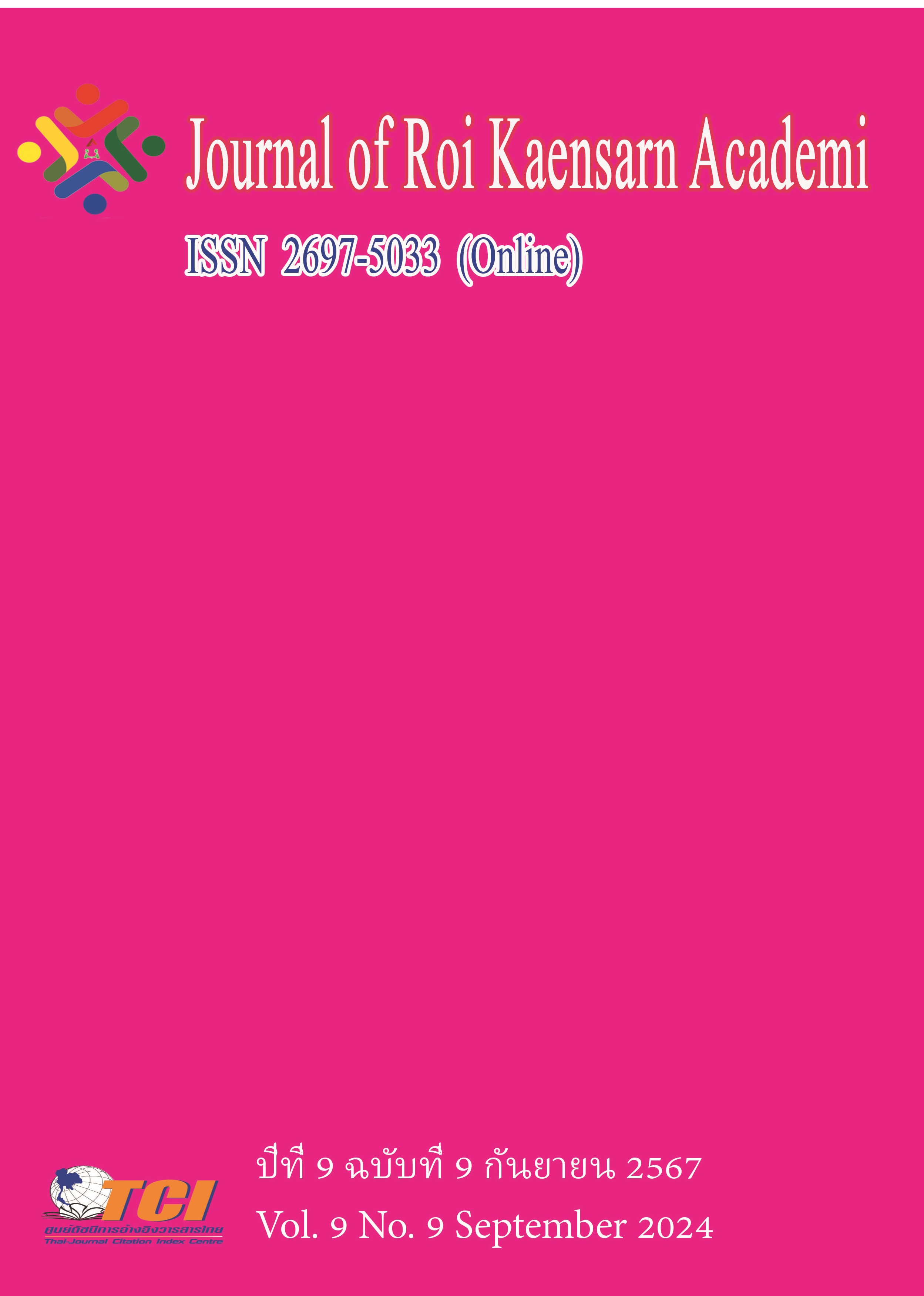The Empirical Study for the Impact on Integration of Industry and Education Values in Higher Vocational Education on Career Planning of Students
Main Article Content
Abstract
Background: This research endeavor delves into the implications of integrating industry and education values within higher vocational education frameworks on students' career planning prowess. It seeks to unravel the complex interplay between institutional support and various integration modalities in shaping vocational education outcomes.
Aims: By examining these dynamics, the study aims to furnish both theoretical underpinnings and practical recommendations for advancing vocational education reforms, with a focus on enhancing students' career readiness and holistic development.
Methodology: Utilizing a survey-based approach coupled with rigorous quantitative analyses, including the Schein Career Values Inventory and Maslow's Hierarchy of Needs Assessment Scale, we amassed data from a representative sample of 1,082 students across five leading higher vocational colleges in Guangdong Province. Comprehensive statistical techniques, encompassing descriptive statistics, correlation and regression analyses, and structural equation modeling, were employed to test our hypotheses and elucidate the intricate mechanisms linking industry-education integration to career planning competencies.
Results: Our findings underscore the profound positive effect of integrating industry and education values on students' career planning abilities. Notably, school support emerges as a pivotal mediator in this relationship, highlighting the crucial role of educational resources and career guidance services in fostering students' career trajectories. Furthermore, the study reveals that the mode of integration significantly moderates this relationship, with the school-enterprise cooperation model notably amplifying the beneficial impacts of industry-education integration on career planning.
Conclusion: These insights underscore how the alignment of vocational training with industry needs fosters skills development and employment prospects, thereby bolstering students' career planning acumen. The pivotal roles played by institutional support and integration modalities in this process are emphasized. Consequently, we advocate for heightened industry-education collaboration, optimized school support systems, and curricula tailored to market demands as essential strategies for advancing students' holistic development and career readiness within higher vocational education settings.
Article Details
References
Fu, W., & Tu, G. (2019). Research on the teaching quality monitoring mechanism of vocational colleges under deep school-enterprise cooperation. Mechanical Vocational Education, (04), 34-36+58.
Khan, Q. I., Shamsudin, A. S., & Ismail, S. S. S. (2015). The influence of career planning and HRM practices on career success of faculty members in public sector universities of Pakistan. Developing Country Studies, (12), 38-45.
Kim, S., & Yang, S. (2019). The effects of Korean college students' self-identity on career decision-making self-efficacy. Social Behavior and Personality, (9), 1-6.
Liu, F. (2020). Exploration of the school-enterprise cooperation education model in the background of industry-education integration. Knowledge Economy, (No. 536(16)), 111-112.
Liu, Y. (2016). Research on the establishment of the support system for industry-education integration under the transformation background of universities. (Doctoral dissertation). Shenyang Normal University.
Nunnally, J. (1978). Psychometric methods. New York: McGraw-Hill.
Patton, W., & McMahon, M. (2006). Career development and systems theory: Connecting theory and practice. Sense Publishers.
Qiao, H. (2006). Research on the positioning of enterprises in the construction of "double-teacher" teacher team in vocational colleges. Continuing Education Research, 37.
Wang, C., Qin, S., & Hu, D. (2020). An empirical study on the impact of industry-education cooperation on academic innovation performance under different types of universities. China Science and Technology Forum, (No. 291(07)), 42-51.
Väyrynen, S., & Paksuniemi, M. (2018). Translating inclusive values into pedagogical actions. International Journal of Inclusive Education, 24 (2), 147–161.
Helen M. G. Watt & Paul W. Richardson. (2007). Motivational Factors Influencing Teaching as a Career Choice: Development and Validation of the FIT-Choice Scale. The Journal of Experimental Education. (3), 167-202.
Patton, W., & McMahon, M. (2006). Career development and systems theory: Connecting theory and practice. Sense Publishers.

